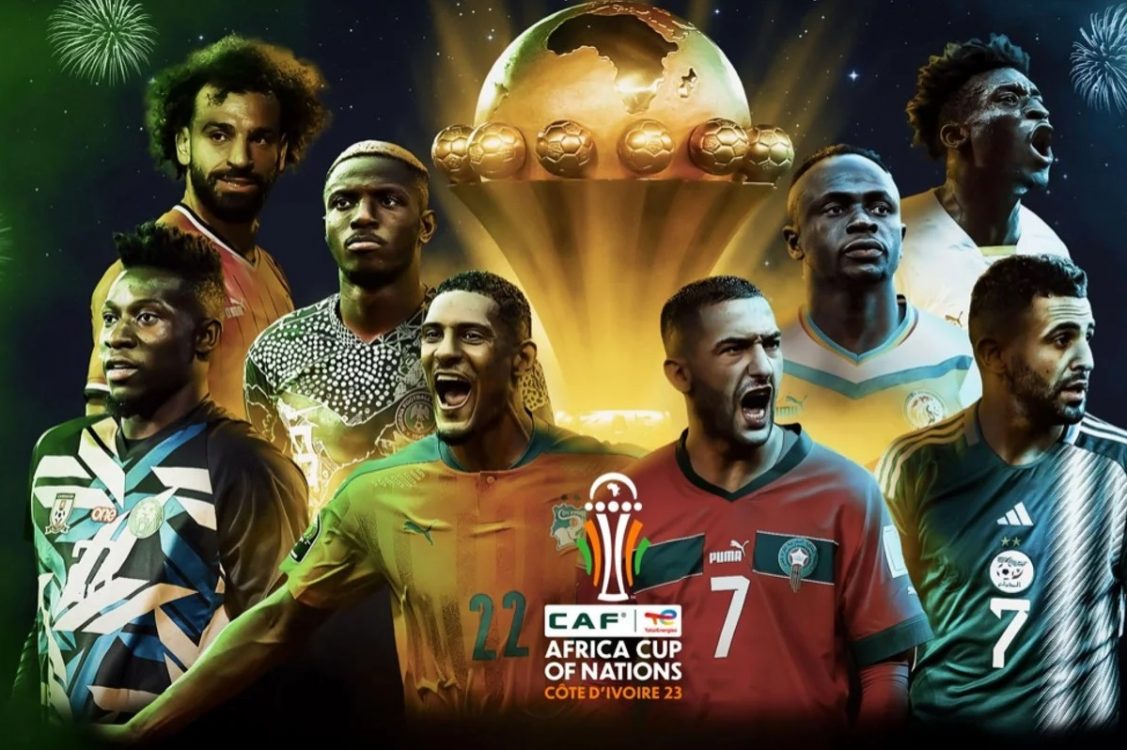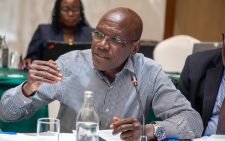Lesson we can learn from great football in Abidjan

The TotalEnergies-powered Africa Cup of Nations is today the talk of town as giants like Egypt, Algeria, Morocco, Senegal, Ghana and Cameroon have all been bundled out to the excitement of many fans.
You see, football is the most grassroot of all the sports and the simplest game to play. It needs not much investment to play. In fact, most sublime players that have wowed the world with their skills learnt the game on the streets and parks.
Broadly situated, football is a game of the people and that’s why FIFA strongly protects it from the claws of the State to ensure that it is run by people who invest their time and resources for the people to enjoy the game. Afcon has taught us very important lessons which can put us in some good stead going forward.
South Africa and Tanzania provide great examples of investments in the game for the good of the people. Tanzania distinguished itself by being on Africa’s biggest football stage. Even if they were bundled out at the group stage, they were there which is a big feat.
A critical look at Tanzania tells you that people who have made money elsewhere have taken interest in football and this is seen in Azam and Simba. These two Tanzanian clubs probably contribute more than half of the national team players. Tanzanian billionaire Mohammed Dewji has pumped resources in Simba and this has injected some professionalism in the way the club is run, something that has an impact on the national team.
South Africa bundled an enterprising Cape Verde out of the continental showpiece in a very entertaining match and it seems like South Africa is reemerging as a powerhouse it once was during the glory years of Lucas Radebe, Mark Fish, Eric, Neil Tovey and Benni Mccarthy. They are in the semi finals and have a very enterprising team with the Goalkeeper of the tournament in Ronwen Williams of Mamelodi Sundowns.
The re-emergence of South Africa is no fluke.
In the Premier Soccer League, South Africa’s top flight league, Mamelodi Sundowns rule the roost and have not only won the last six league titles in a row, but also emerged as giants in the CAF Champions League.
Eleven out 25 of the current Bafana Bafana players are from Sundowns and the success of both Sundowns and Bafana Bafana can be traced back to CAF president and billionaire Patrice Motsepe investment in football and specifically Sundowns.
You see, when money is poured into football and time and resources are professionalised the players are incentivised enough to get the best of their talent while administrators and directors focus on the business end of things and shareholder value. The ripple effect is that shareholders make their profit which they then plough back into the beautiful game.
That’s what is happening in CAF, in South Africa, Tanzania and emerging nations in footballing terms like Cape Verde. We need to get politicians out of the game and run away from the belief that football can be run by passion alone.
It’s business acumen that commercialises the passion of the football fans and it is the profit margins that get ploughed back to develop talent. Investments and ploughed back profits then build solid talent nurturing infrastructure and most importantly allow footballers to play football and administrators and managers to take care of the business end of things.
Before the start of this year’s Afcon, CAF announced that the overall winners will pick up $7m (Sh1.1 billion) in prize money. This is a whopping 40 per cent increase on the last Afcon. We have seen some great football in Ivory Coast and the CAF president Motsepe, rightly avers that the increase has given the players an extra incentive to compete at a new level. We have a benchmark for Afcon 2027 which is coming to East Africa and we need to make the best of the opportunity.
— The writer is a PhD candidate in political communication












